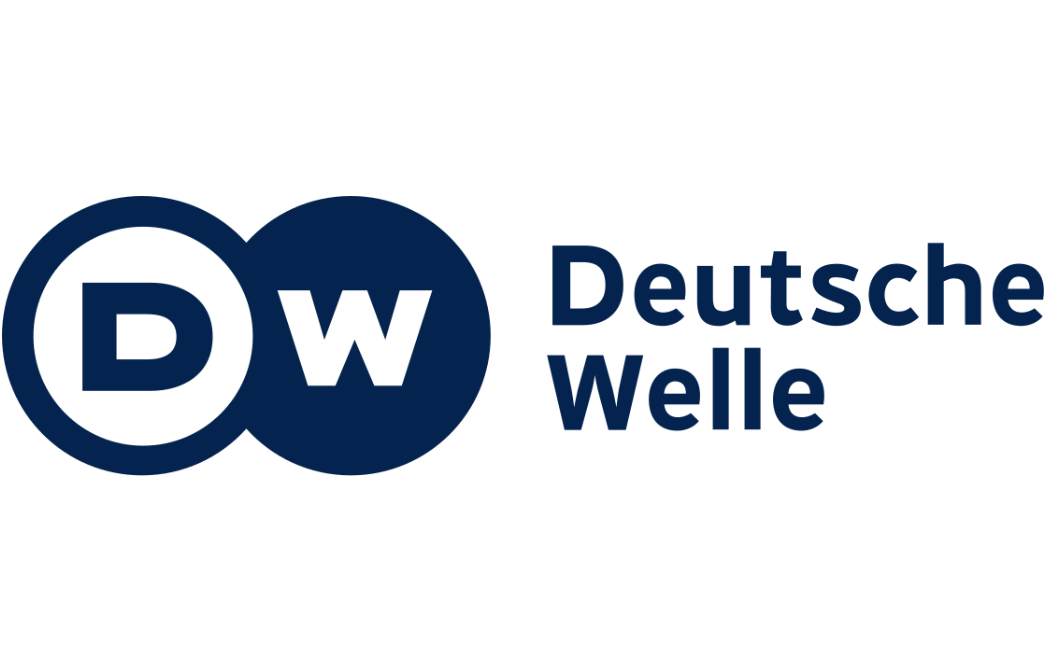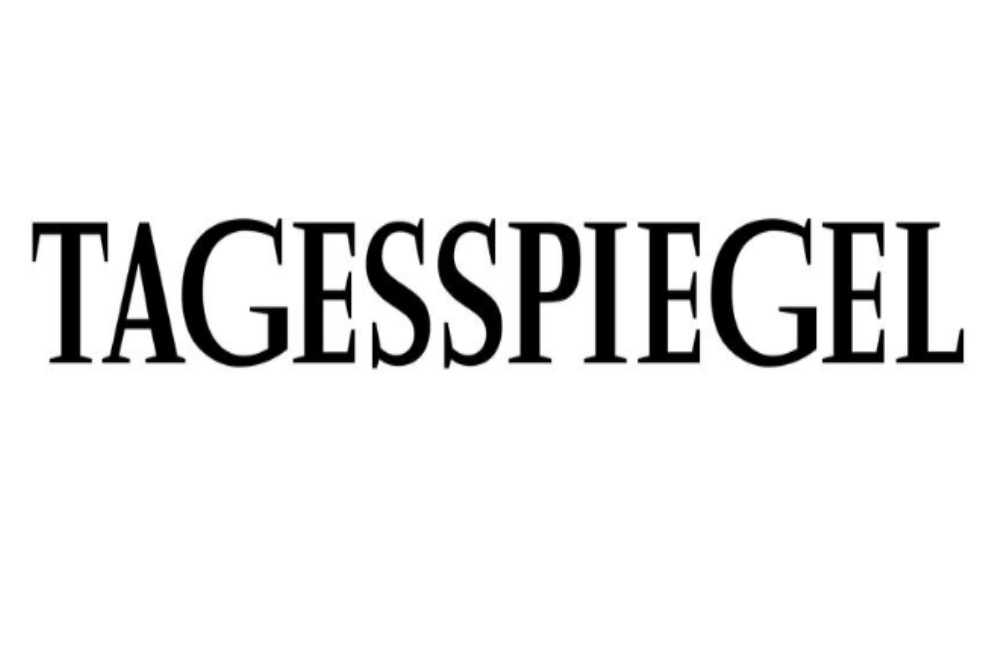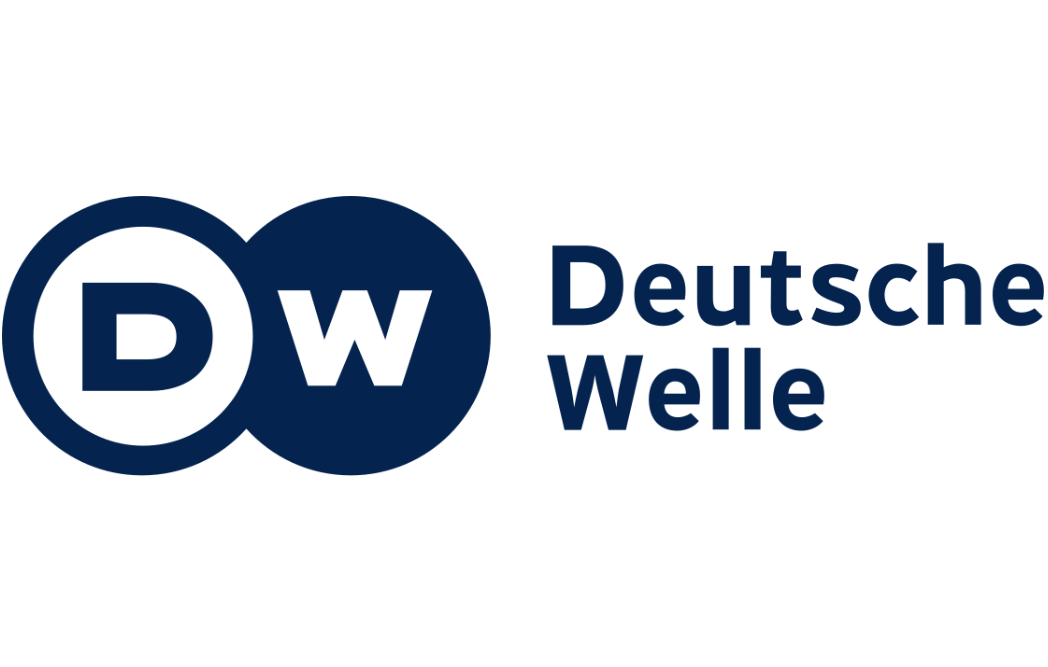News
Iran’s spiritual leader has faced many challenges in his life, but the current military confrontation with Israel is the most severe crisis yet for Ayatollah Ali Khamenei. The spiritual system of the Islamic Republic that he leads is under threat – as is his own physical survival. Interview with Dr Hans-Jakob Schindler.

After US strikes on Iran, US President Donald Trump signaled he is willing to resume talks with the country. But a short while later, he mentioned the possibility of a regime change in the Islamic Republic. Interview with Dr Hans-Jakob Schindler.

Hans-Jakob Schindler from the international Counter Extremism Project also warns: The risk of attacks is likely to increase significantly worldwide – including in Europe and Germany – as a result of the Israeli offensive "Rising Lion" and the United States' entry into the war.

The US attack on Iranian nuclear facilities was followed by a retaliatory strike by Iran. The target was a US base in Qatar. [Counter Extremism Project Senior Director] Hans-Jakob Schindler, Middle East expert, explains on WELT TV what consequences the attack on the US base could have.

Iran: Continue to side with the regime. Regime change in Iran requires a strong opposition, says security expert [Counter Extremism Project Senior Director] Hans-Jakob Schindler. However, leadership and a shared vision are currently lacking.

While Fordo and Natanz, the two main uranium enrichment sites, have "suffered serious damage, and these reserves are not going to enrich themselves," notes Hans-Jakob Schindler, a former German diplomat in Tehran who worked on Iran's nuclear program. He now heads the Counter Extremism Project, an NGO fighting extremist movements.


“Political polarization, combined with the idea that one’s opponents are irredeemably evil and that there are no other legal avenues to create change, can lead to violence,” said Joshua Fisher-Birch [CEP Researcher], a terrorism analyst who closely tracks extremists across the political spectrum. “There are several guides online for assassination, guerrilla warfare or similar violent acts, as well as counter-surveillance manuals shared by individuals in communication apps such as Telegram and online libraries.”

Stay up to date on our latest news.
Get the latest news on extremism and counter-extremism delivered to your inbox.